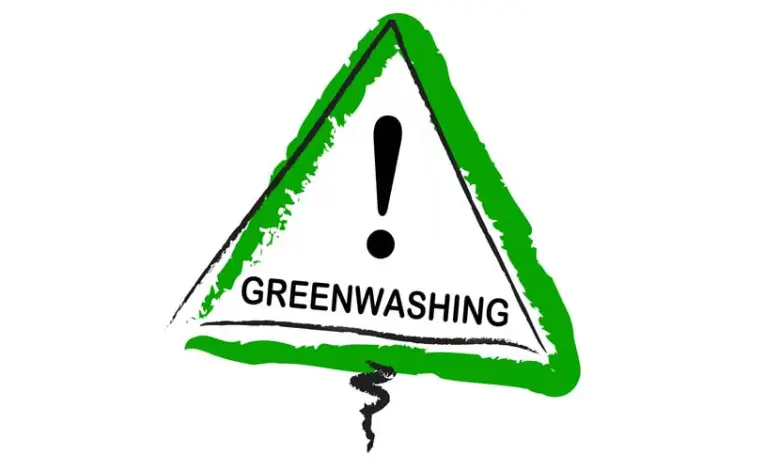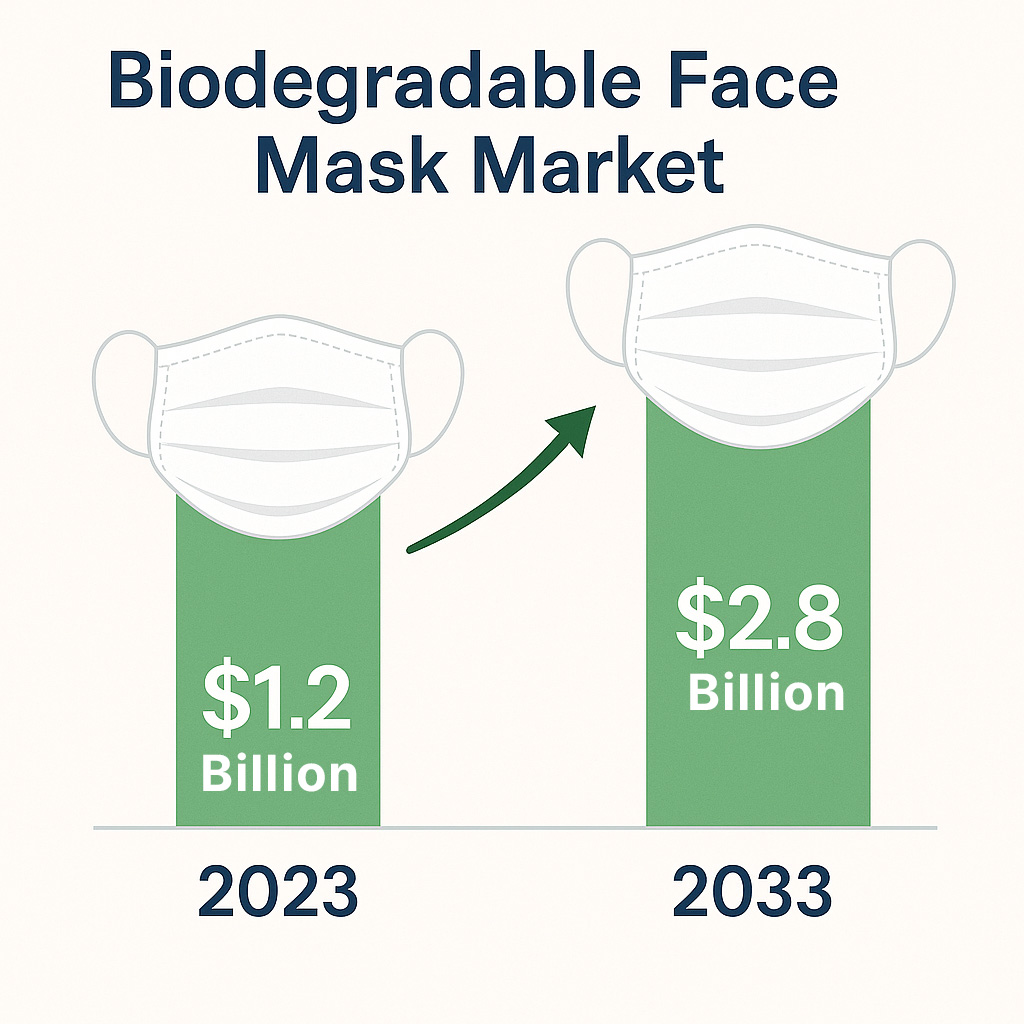
In the early days of the pandemic, PPE was a lifeline for families, frontline workers, and communities. Yet alongside that relief came an uneasy sight: masks piling up in bins, scattered on sidewalks, even floating in waterways. PPE saved lives, but it also created a legacy of waste. At the peak of COVID-19, the world used an estimated 129 billion masks each month, and in Canada, millions are still discarded. Most are made of polypropylene and other plastics that persist in landfills for hundreds of years.
This reality inspired my team and me at JY Care to act. Our company was founded on compassion and responsibility—first to protect people’s health, and now to extend that same care to the planet. Masks remain an integral part of daily life in Canada, but conventional disposable masks come with drawbacks: mounting waste, inconsistent performance, and strain on the supply chain for medical facilities. We knew we had to create an alternative.

The environmental story of PPE doesn’t stop at landfills or oceans—it extends into how governments are now responding to the promises companies make. Over the past few years, I’ve watched regulators grow increasingly concerned about misleading or exaggerated environmental claims, and rightly so. That concern has now crystallized into law.
Bill C‑59, now in force, is a turning point. It requires businesses to substantiate environmental claims with internationally recognized methods. Starting in June 2025, penalties of up to $10 million—or three times the profits gained—will apply for misleading claims. Enforcement is open to both the Commissioner and private parties. The message is clear: the era of greenwashing is over.
For our industry, this shift is not a barrier but a validation. At JY Care, we welcome the clarity. It holds us all accountable and pushes us to lead with data and transparency.
Let me be candid: today’s medical-grade biodegradable PPE is not a magic wand. It won’t solve plastic pollution overnight. But it is a crucial step forward. These products incorporate additives that help them break down more quickly in landfill conditions. Market research indicates that the biodegradable face mask market was valued at approximately US$1.2 billion in 2023 and is projected to grow to as much as US$2.8 billion by 2033.

If even 10 % of the masks used in Canada today were biodegradable, we could divert hundreds of millions of plastic‑equivalent masks from persisting in landfills every year. That matters. Still, transparency is key: degradation rates depend on landfill conditions and the effectiveness of methane-capture systems. We owe it to our clients and partners to be honest about both the potential and the limitations.
Plastic waste is only part of the challenge. Landfills are also a significant source of methane, a greenhouse gas 25 times more potent than CO₂. Canada has more than 10,000 landfill sites, producing approximately 27 megatonnes of CO₂‑equivalent methane annually, of which 20 megatonnes are emitted. The federal government’s goal is to reduce landfill methane emissions by 50% below 2019 levels by 2030. To get there, we’ll need better capture systems and new waste‑management pathways.
That’s why we design our masks not just for today’s waste streams, but with tomorrow’s infrastructure in mind—industrial composting, anaerobic digestion, and beyond.
The PPE market itself is not slowing down—it’s accelerating. Disposable face masks are projected to grow from US$2.76 billion in 2025 to US$3.29 billion by 2034. The overall PPE sector is expected to expand from US$56.64 billion in 2024 to US$77.66 billion by 2030. This isn’t a market in retreat; it’s one that is scaling up rapidly.
The implication is clear: demand for PPE across medical facilities, schools, corporations, and consumers is expected to remain strong. That demand must be met with solutions that protect people without sacrificing the planet. Biodegradable and bio‑additive masks provide exactly that path forward—meeting institutional and consumer needs while helping to reduce the plastic waste burden. As the market grows, so too must our responsibility to offer sustainable options that can keep pace.
Bill C‑59 underscores what I believe profoundly: trust hinges on transparency. For us at JY Care, that means:
With our biodegradable medical face mask with additive, our goal was straightforward: to match the protection and comfort of conventional ASTM medical-grade masks while making them more compatible with future waste management systems. Today, JY Care’s biodegradable face masks represent the best option available—proven, protective, and designed for today's realities while anticipating tomorrow's solutions.
Our commitments are clear:
We know the journey doesn’t end here. Our roadmap includes entirely plant-based materials, recycling partnerships, and innovations in waste processing. Compliance is the baseline. Leadership is the goal.
I believe Bill C‑59 is just the beginning. Around the world, governments are moving in the same direction, tightening the rules on environmental claims. The standards will only rise. And they should.
Innovation will be central. Research into compostable PPE and methane‑capture systems is advancing rapidly. The next decade will bring breakthroughs we can hardly imagine today. But regulation and technology alone aren’t enough. We need leadership, honesty, and a willingness to adapt.
The pandemic taught us that PPE protects lives. The climate crisis reminds us that we must also protect the planet. The masks we choose today will shape the legacy we leave tomorrow.
Bill C‑59 makes one thing certain: evidence matters, greenwashing won’t be tolerated, and genuine innovation will be rewarded. At JY Care, we view medical-grade bio-additive masks not as the final solution, but as the critical next step toward fully biodegradable solutions. Our responsibility is to act now, share openly, and build the future of sustainable PPE together.
— Joey Feng
Joey Feng is the CEO & Founder of JY Care, a Canadian manufacturer of sustainable medical supplies and natural health supplements. Connect with Joey on LinkedIn to continue the conversation on responsible PPE and healthcare innovation.